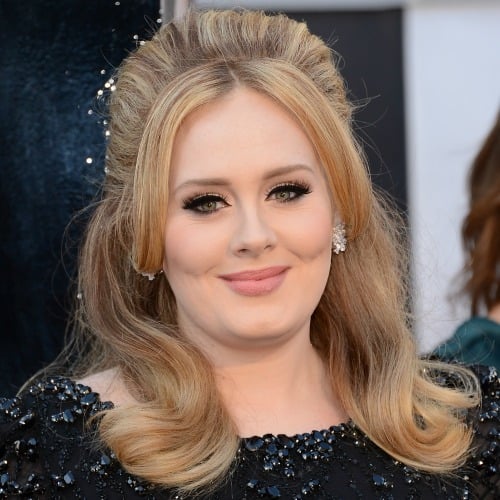
There is a tangible, real-world economic cost to being a fat person.
Years and years ago, I used to be thin.
I used to live a beautiful life wrapped up in my thin privilege, calling myself an ally to my fat friends. I was blissfully unaware of the many joys and freedoms my privilege-blanket granted me.
Then I got fat, and everything changed (my life is still really beautiful, though).
I’m not here to tell the story of how I got fat, though. I’m here to talk to you about money.
Back when I was thin, a fat friend needed to go to the op shop to get some shirts. I needed a couple of things too, so I was like, “Ooooh, I love thrifting — let’s go together!” (Video: Watch Paula Joye make the most of her wardrobe by using one scarf three ways. Post continues after video.)
So this friend and I hopped on our bikes (yes, fat people ride bikes, y’all!) and headed to the nearest op shop.
When we got there, I shopped the way I always shopped. I bounced around from rack to rack, looking at things out of order, holding them up to the light to see if I could judge from squinting if they would fit on my body.
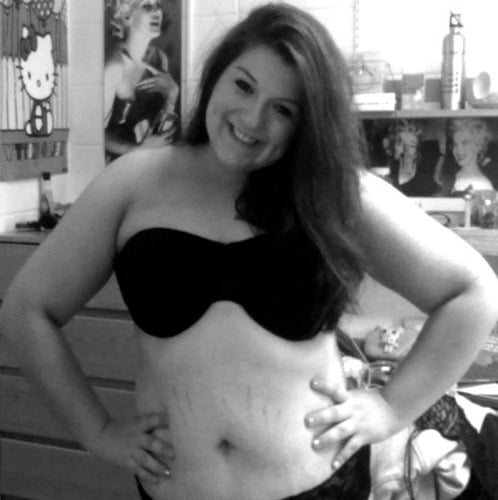
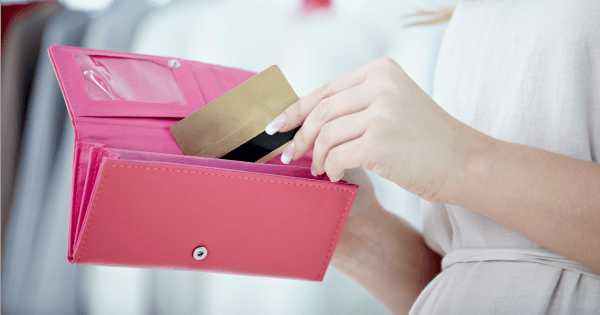
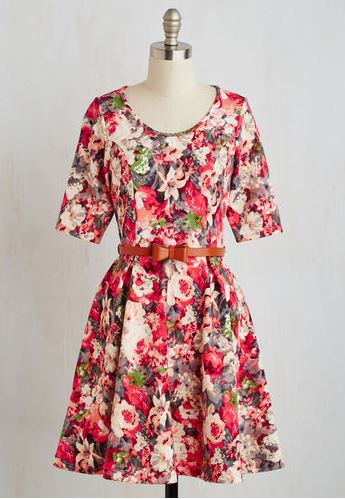
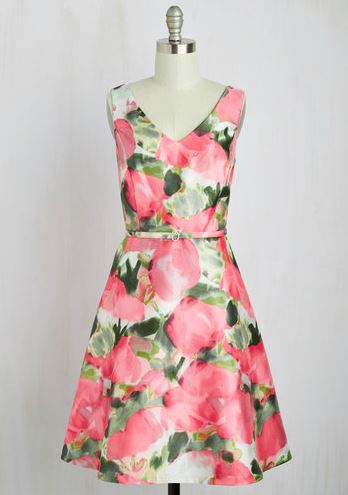
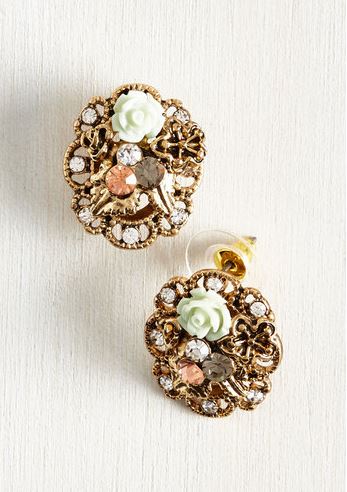
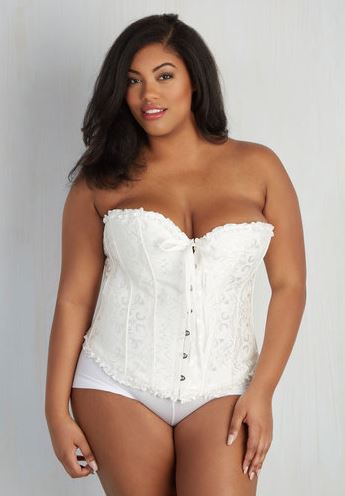
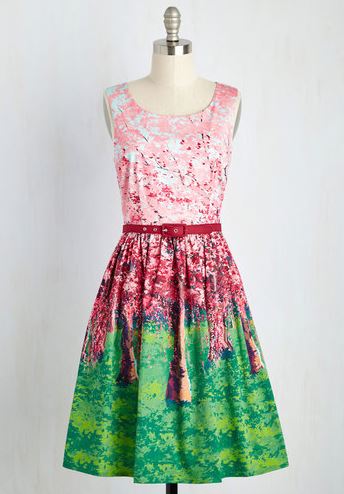
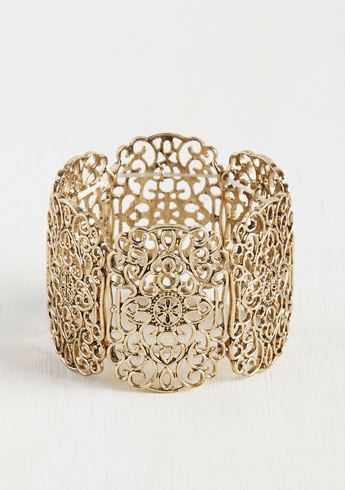
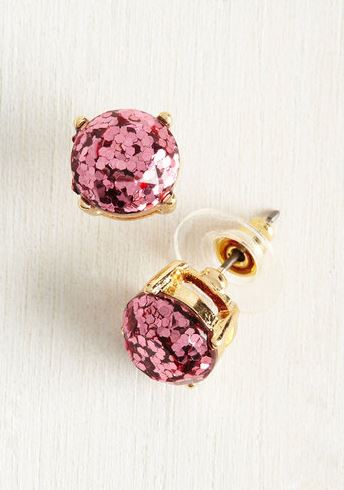
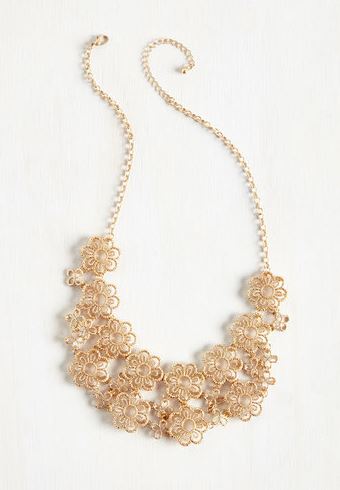
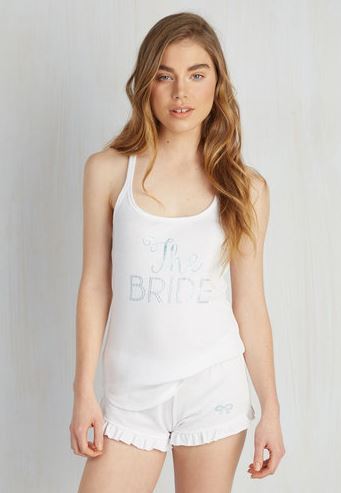
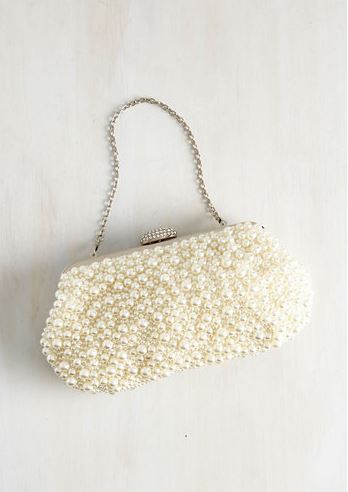
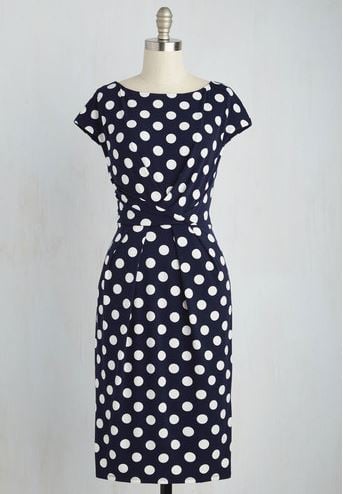
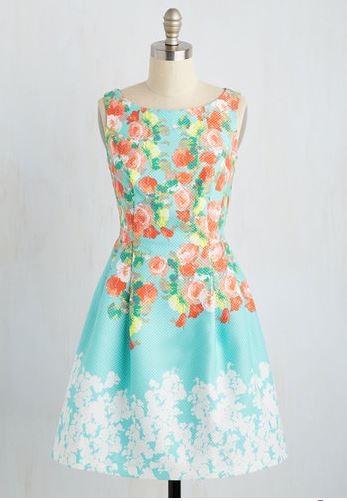
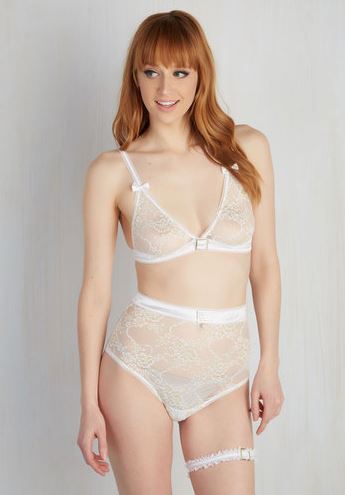
Top Comments
I"m a size 16 but at the beginning of the year was an 18. It's such a slow process losing weight. I put the weight on, going from a size 10-12 to a size 18, over the course of two years with post natal depression. I certainly agree that nice, well cut clothing in a suitable material is harder to find when you're overweight (I'm under no illusion and calling me plus size won't change the fact that I'm overweight). However I can't see why I shouldn't have to pay more for my clothes. They are larger, use more material and take longer to make. therefore costing more to make. In the stores that stock the nicer larger clothes the materials are also, usually, of a higher quality. Cheap lycra from Supre just doesn't look good on an overweight person even if you can get it in your size. Is the extra cost to make the clothes equal to the percentage of mark up in price? I doubt it. But on principle I don't mind paying more.
Womens clothing sizes i think are a bug bear for all of us. I am super teeny tiny and ideally need a size 4-6. Only a few shops stock these sizes so makes finding nice things a nightmare sometimes. Big, Small, Short or tall its a constant first world problem.